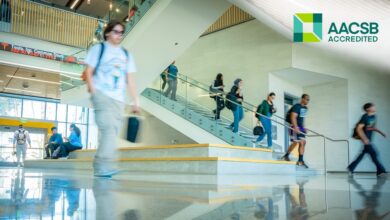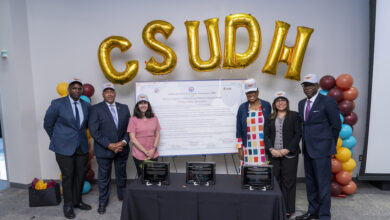News
-
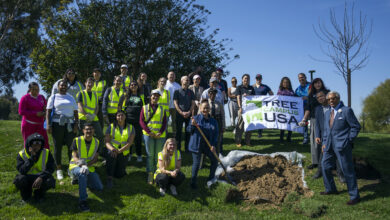
New Campus Trees to Support Climate Resiliency
On March 21, in partnership with Ormat Technologies, CSUDH reaffirmed its commitment to sustainability with the addition of 11 new…
-
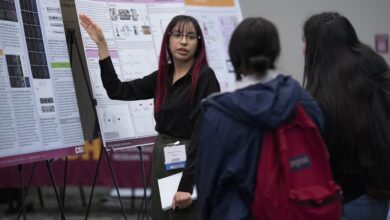
Toros Share Their Scholarship at Annual Student Research Conference
CSUDH held its 20th annual Student Research Conference (SRC) on March 4-6, with students descending on Loker Student Union to show…
-
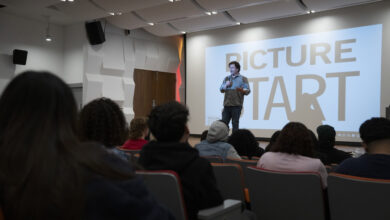
“All Illusions Must Be Broken” Prompts Questions of Life and Death
Film creator Jef Sewell at CSUDH. We all know we’re going to die one day, but we’d rather not think…
-

CSUDH Receives New Research Designation
California State University, Dominguez Hills has received the new Carnegie designation Research Colleges and Universities (RCU), the American Council on Education…
-
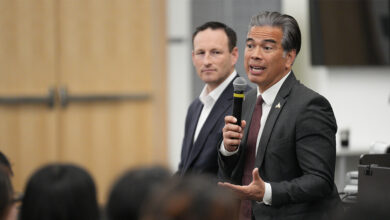
AG Bonta Sees Service Learning in Action during CSUDH Visit
CA Attorney General Rob Bonta, right, and Josh Fryday speak with College Corps fellows at CSUDH. CA Attorney General Rob…
